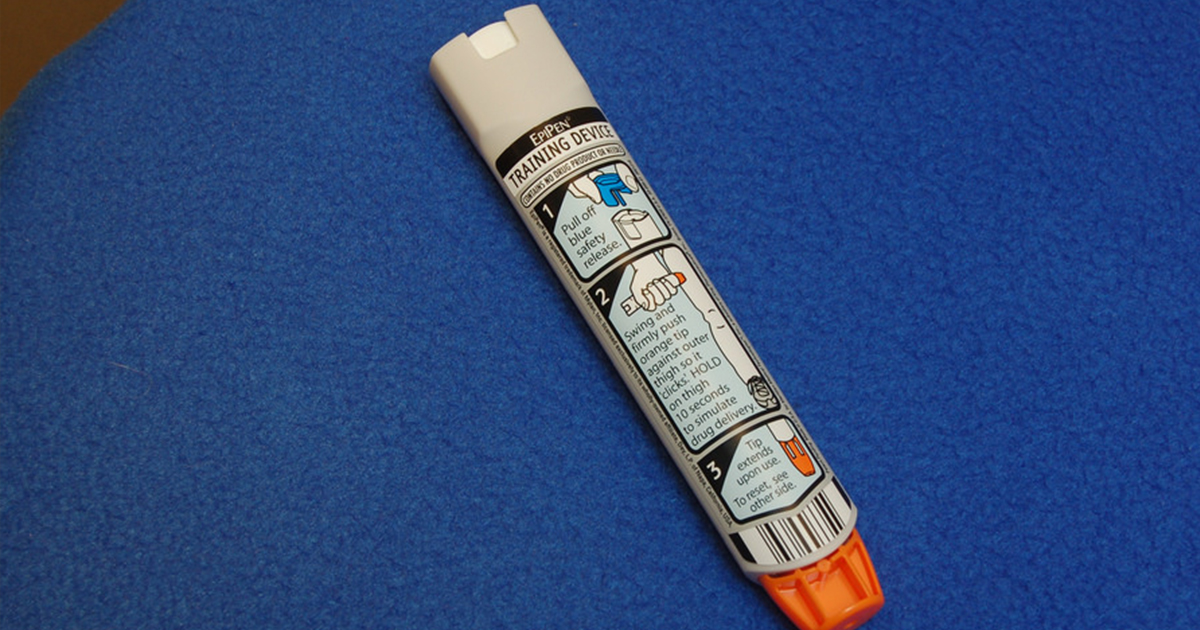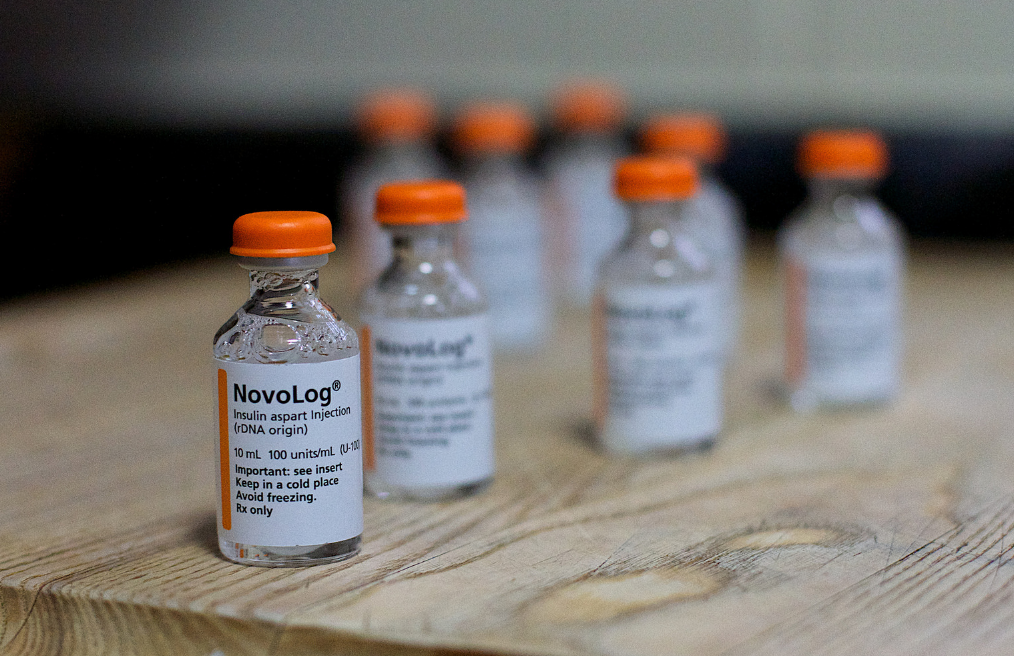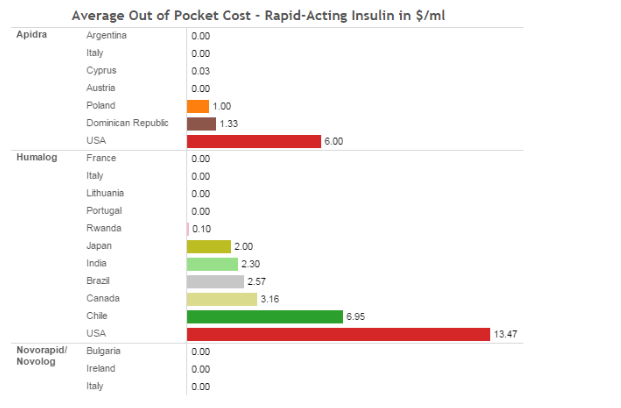The Other Lifesaving Drug With a Silently Skyrocketing Price Tag

By:
There is currently a lot of discussion about the rising costs of EpiPens, which can be lifesaving devices for people with allergies.
 Flickr/Greg Friese - flic.kr
Flickr/Greg Friese - flic.kr
But there's another lifesaving medical product that is wildly unaffordable for many people, Slate reported: insulin, which many diabetes patients need to manage their blood sugar.
Many people with diabetes are 60 years of age or older.
 Flickr/Alan Levine - flickr.com
Flickr/Alan Levine - flickr.com
The cost of insulin is much higher in the U.S. than in other countries, according to a recent survey from insulin and diabetes care advocacy group T1International:
 T1International - t1international.com
T1International - t1international.com
Annual insulin costs spiked by more than 200 percent in a decade, to $736 in 2013 from $231 in 2002, according to a study in the Journal of the American Medical Association. The cost of other common oral diabetes drugs either fell or did not increase as significantly as that of insulin, according to the study, which looked at data from 28,000 diabetes patients.
Diabetes medication manufacturer Novo Nordisk disputed the comparison in a statement to STAT news: "Making comparisons between insulin and oral medications are not appropriate, as each medication is designed to support a patient's specific glucose-control needs."
Novo Nordisk and fellow diabetes medicines manufacturer Eli Lilly also said that patients may use assistance programs for financial support.
Drug companies often claim that price hikes provide funding for medical research and new drug development, CBS News reported. A spokeswoman for the Pharmaceutical Research and Manufacturers of America told CBS News that insulin treatments have improved with the price changes and that list prices aren't a fair representation of what people pay after insurance and pharmacy markdowns:
"In fact, an analysis by SSR Health found that net prices for insulins actually declined in 2015 due to robust competition and negotiation in the marketplace. With that said, we recognize too often patients struggle with access to their medicines at the pharmacy."
Nevertheless, Eli Lilly, Novo Nordisk, and Sanofi — the only three pharmaceutical giants with patents to make insulin — all raised their prices significantly in recent years, Yale School of Medicine endocrinologist Kasia Lipska noted in The New York Times. That suggests a need for more competition, as well as a generic form of insulin, Lipska argued:
"To make insulin affordable, we need more competition. Nothing would do this faster than a 'generic' form of insulin. (Technically, because insulin is made using bacteria, it should be referred to as a 'biosimilar' instead of a 'generic.') Unfortunately, there isn't one available in the United States. This is true, in no small part, because the big three have cleverly extended the lives of their patents, making incremental 'improvements' to their insulin. It's not clear whether the newer insulin products are significantly safer or more effective than their predecessors, yet the strategy has been effective: There is no generic insulin, and over 90 percent of privately insured patients with Type 2 diabetes who are prescribed insulin get the newer and more expensive products."
Read Weissman's full post over at Slate.
